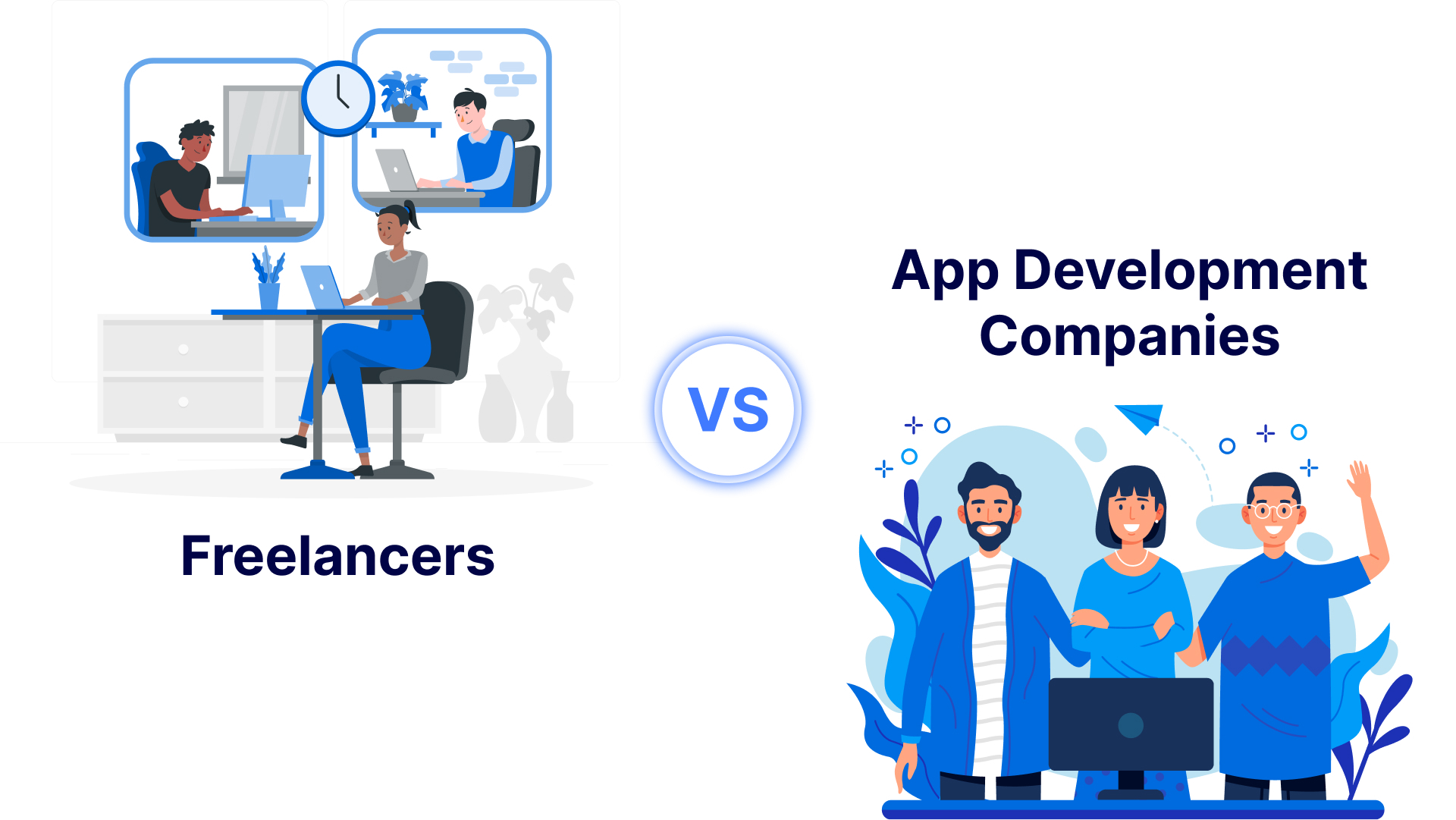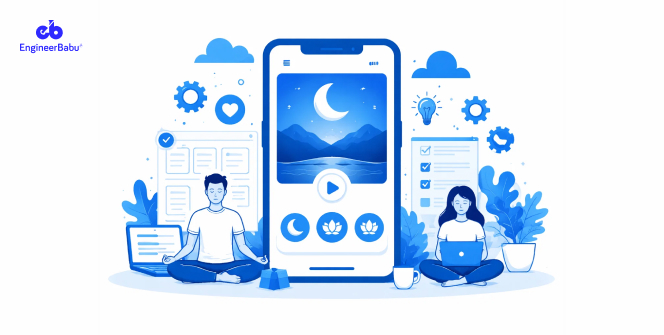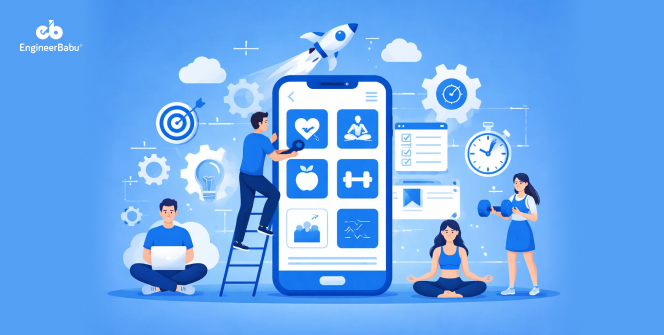If you’re building a healthcare app, chances are you’ve faced one of the trickiest early decisions: Should you hire a freelancer or partner with a full-scale app development company?
It’s the kind of choice that seems simple at first—until you realize how much rides on it. From HIPAA compliance to medical-grade UX, healthcare apps aren’t your average to-do list apps.
They demand precision, accountability, and deep industry knowledge. And choosing the wrong partner? That could mean delays, failed audits, or worse—patient trust at risk.
According to a Deloitte survey, 77% of healthcare executives say digital transformation is a top priority, but nearly half admit they lack the in-house talent to execute effectively. As a founder or decision-maker, outsourcing is no longer optional—it’s strategic.
But do you go lean with a freelancer who offers agility and affordability? Or do you invest in a development company with proven healthcare experience and structured support?
This article breaks down the seven key differences between freelancers and app development companies—specifically for healthcare brands.
Freelancers vs App Development Company: The Key Differences
Cost
- Freelancers: Often charge lower hourly or project rates—ideal for early-stage healthcare startups with tight budgets. But costs can spiral with scope creep or additional specialist hires.
- Companies: Higher upfront costs, but offer bundled services (design, QA, compliance), often leading to fewer unexpected expenses and more reliable ROI.
Expertise
- Freelancers: Bring deep expertise in specific areas like UI/UX or backend, but may lack the breadth to build complex, HIPAA-compliant systems alone.
- Companies: Offer cross-functional teams—developers, designers, QA testers, project managers—ideal for handling complex healthcare requirements end-to-end.
Project Management
- Freelancers: Adaptable, fast to onboard, and great for MVPs or minor updates. But managing them requires hands-on effort and project coordination.
- Companies: Run with structured workflows (Agile/Scrum), defined timelines, and formal communication—better for scaling or enterprise-grade apps.
Communication
- Freelancers: You speak directly with the developer, offering real-time feedback. But you’re also responsible for decisions and coordination.
- Companies: Assign account managers or PMs—adds a layer of communication but ensures consistent progress without micromanagement.
Quality Assurance
- Freelancers: May not offer comprehensive QA unless specified. Bug fixing, performance testing, or compliance checks are usually ad hoc.
- Companies: Have dedicated QA teams following testing protocols, automation tools, and compliance testing—crucial for healthcare app safety.
Security and Compliance
- Freelancers: Security practices vary. Few freelancers are equipped to handle HIPAA or GDPR protocols independently.
- Companies: Often have formal security certifications (ISO, SOC2), encryption protocols, and compliance documentation—essential for handling PHI (Protected Health Information).
Post-Launch Support
- Freelancers: May move on after project delivery, making long-term support unreliable.
- Companies: Offer SLAs (Service-Level Agreements), updates, bug fixes, and support for scale—ideal for apps expected to evolve over time.
Conclusion
When it comes to building a healthcare app, the choice between a freelancer and a development company isn’t just about budget—it’s about risk, reliability, and readiness for scale.
If you’re in the early stages with a tight budget and a narrow scope, a freelancer might just do the job. But if you’re handling sensitive patient data, need HIPAA compliance, or plan to scale quickly, an app development company brings the structure, security, and long-term support that healthcare demands.
Think about where your brand is today—and where you want it to be in 12 months. Choose the partner that gets you there without cutting corners.
FAQs
What’s more cost-effective for healthcare app development: freelancers or companies?
Freelancers are generally more affordable for short-term or MVP projects, especially when budgets are tight. However, development companies often prove more cost-effective long-term by bundling services (QA, compliance, project management) and reducing the risk of costly rework.
How do app development companies ensure HIPAA compliance?
Reputable app development firms typically have healthcare experience and formal compliance protocols. They implement secure architecture, encryption, audit trails, and access controls aligned with HIPAA and other regional healthcare regulations like GDPR and HL7.
Can freelancers handle post-launch support and maintenance?
While some freelancers offer ongoing support, availability can be inconsistent—especially if they move on to new projects. Development companies typically offer long-term maintenance contracts, ensuring updates, bug fixes, and infrastructure scaling are handled smoothly.
Which option is better for building a scalable, data-sensitive healthcare platform?
For scalable and secure solutions—like platforms handling PHI, EMR integration, or remote patient monitoring—a development company is usually the better fit. Their infrastructure and team depth support long-term growth and risk mitigation.
Is Engineerbabu a good choice for healthcare app development?
Yes, Engineerbabu is known for working with healthcare startups and enterprises, offering custom app development with a strong focus on UX and data security.



